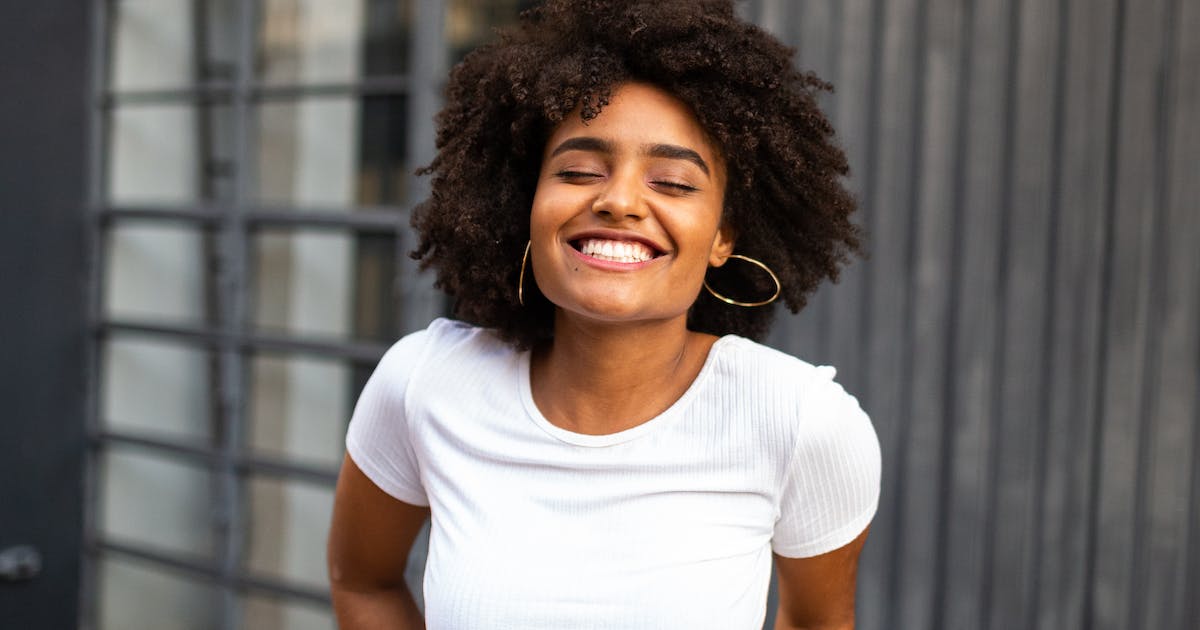Do you, or did you, ever feel anxious the night after drinking? While most people are familiar with the negative physical effects associated with a hangover, far less know about the psychological impacts, which can be just difficult to deal with.
‘Hangxiety’ is the term used to describe feelings of anxiety or depression the night after drinking. While these symptoms are short-lived, they remind us of how alcohol can affect various aspects of health. Not only are you putting physical stress on your body, but also you’re causing emotional stress.
Let’s learn more about why hangxiety happens and how long it lasts. The good news is that you can completely eliminate the risk of hangxiety by quitting drinking.
What is Hangxiety?
The morning after a night of drinking is never fun when you’re dealing with a hangover. For most people, hangovers involve headaches, fatigue, thirst or nausea. But it’s also possible to experience psychological effects such as anxiety or depression, and this has been dubbed ‘hangxiety.’
By some estimates, around 12 percent of people are affected by hangxiety, and there are differences in the severity of symptoms. Since the body has to recover from a buildup of ethanol molecules, it can go through physiological stress, causing symptoms of anxiety or depression. There are also changes to the immune system and increases in cortisol, blood pressure and heart rate.
Why Does Hangxiety Occur?
Alcohol is a depressant. That’s why when you first start drinking, you may feel calm and relaxed. But when you stop drinking and the effects of the alcohol wear off, it can heighten feelings of anxiety, shame or guilt.
You might wake up and think, “Did I do something wrong last night? Did I say something to my friends that I shouldn’t have?” Since alcohol lowers our inhibitions, it can cause us to say and do things we wouldn’t normally do, leading to anxiety the next day.
Additionally, alcohol interferes with the ability to get a good night’s rest. Now you’re dehydrated, sleep deprived and likely experiencing low sugar levels, causing anxiety symptoms to increase.
Then, there’s also the brain that is undergoing chemical changes. Research shows that the feel-good neurotransmitter dopamine is lower during a hangover. This is important to know, as dopamine plays a role in managing anxiety symptoms. Until the body is able to metabolize the alcohol, anxiety symptoms may linger.
How Long Do Symptoms of Hangxiety Last?
Both the physical and psychological symptoms of hangovers tend to be the worst the following day after drinking, or as the body’s blood alcohol returns to zero. Most of the time, the symptoms last for about 24 hours or so, depending on how much a person has had to drink and their overall mental and physical health.
Obviously, waking up and having regrets about what you did the night before, or blacking out and not being able to recall what happened, is a cause for concern. Unhealthy alcohol use ranges from mild to severe, but any level can put your safety and health at risk. Seeking help from an alcohol treatment program in Easton PA can help you safely stop drinking and develop healthier ways to cope.
Who is Most Likely to Get Hangxiety?
While hangxiety can happen to anyone, it’s most likely to happen to individuals who already suffer from anxiety. Remember, alcohol is a depressant drug that disrupts neurotransmitters in the brain. While you might feel better when you first start drinking, you will not once the effects of alcohol wear off.
Hangxiety is also more common in those who suffer from social anxiety. People who are nervous around others may be more prone to drinking to take the edge off. And, since they’re already uncomfortable in social situations, they may obsess over what they said or did the night before. It’s a true recipe for anxiety. 
How to Prevent Hangxiety
Fortunately, hangxiety is one thing that you can avoid completely. If you don’t drink, you won’t get a hangover. However, if you find yourself needing to drink to be in social situations, then there’s a deeper issue going on.
Keep in mind that it’s perfectly normal to feel somewhat anxious at times, especially when it comes to social situations. True anxiety, on the other hand, is more than just an occasional feeling. It interferes with your life and your relationships, and it can stop you from going out and making friends.
Here are some tips for addressing social anxiety:
- Talk to someone about the way you feel. This can help you better understand your triggers and come up with a plan for dealing with them.
- Seek help from a professional. A therapist or counselor who specializes in anxiety disorders can help you develop healthy coping skills for social situations, reducing your reliance on alcohol.
- Challenge your negative thoughts. When you’re feeling anxious, it’s normal to jump to conclusions that aren’t based on reality. Challenge negative thoughts - just because you’re feeling worried doesn’t mean something bad will happen.
- Practice self-care. Taking care of yourself makes you a stronger, more resilient person. Make sure to eat well, get enough rest and exercise. This will improve your health and reduce anxiety symptoms.
- Take medication. Some people benefit from taking an anti-anxiety medication. Talk to your doctor about possibly adding medication to your treatment plan.
You Don’t Have to Drink to Have a Good Time
One of the hardest parts for people who like to drink in social situations is that they don’t know how to have a good time without alcohol. Sure, alcohol can help you unwind and relax, but it comes with a lot of problems. It may take some getting used to, but you’ll learn to enjoy your time out more when you’re not having to deal with the repercussions of hangovers and hangxiety.
Some ways you can turn down alcohol in social settings include:
- Put your sobriety first. Remind yourself of the reasons why you chose to become sober.
- Have an exit plan in case things start to feel uncomfortable. Driving yourself is also a smart idea, as you can leave when you want.
- Have an excuse ready. Maybe you’re the Designated Driver or you have to work early. Also, bring your own non-alcoholic drinks to parties.
- Offer alternatives - your friends may enjoy a change of pace anyway! Consider options like cycling, hiking, playing a sport, playing board games or card games or meeting for coffee.
- Expand your sober network. Build friendships with those who don’t drink, and pick your events wisely. It’s much harder to stop drinking when you’re surrounded by alcohol.
Alcohol Treatment in Easton PA
As you can see, hangxiety is not something that you have to deal with. It is one of the many undesirable effects of drinking alcohol, and it happens to a lot of people based on the nature of alcohol and what it does to the brain.
If you are dealing with a drinking problem, Recovery Cove can help. We have flexible, convenient programs that work with your schedule. This allows you to continue working and managing your household responsibilities while getting the support you need. Contact our team at 484-549-COVE to learn more about our services.




